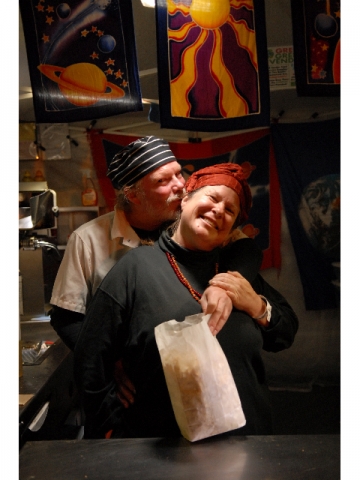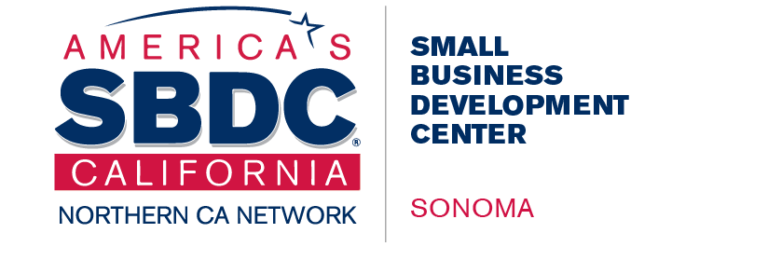Comet Corn
“We were like a fish out of water, trying to figure out the finances…The SBDC has been amazing, [and our] business advisor walked us through every step.”

The SBDC was able to guide popcorn manufacturers during a time when their business was growing at a rate faster than they could handle and later, when business came to a standstill because of the pandemic.
Challenge
Comet Corn, a popular popcorn manufacturer had been slowly expanding since 2002 when it started popping at community festivals.
Years later, in 2019, owners Jeff Phillips and Sherry Soleski turned to the Sonoma SBDC when they needed to grow. It was time to hire help, but they didn’t have experience with hiring and were concerned about the legalities – and the potential of making a misstep.
The next challenge came shortly thereafter in 2020 when the pandemic closed retail outlets and cancelled festivals. With the event portion of their business at a standstill, they needed to determine their eligibility for financial assistance.
Gameplan
Working with the SBDC, Jeff and Sherry were able to address their numerous uncertainties about hiring in order to grow their business: how to track employee work time, requirements for rest and meal breaks, and documenting employee performance.
When the pandemic hit, and they didn’t know where to begin with applying for government relief, the immediate emphasis was on finances. Their SBDC advisor helped them to understand the available government funding and what they would need to get through the early months of the shutdown. After that, they started looking at how to effectively grow in the face of the pandemic.
Results
Jeff and Sherry now use a timesheet template and a checklist that ensures they are adhering to the many compliance requirements. They were also able to secure funding through the Payroll Protection Program and an Economic Injury Disaster Loan which helped them to stay in business and retain their five employees. They are doubling down on their efforts to sell online and through wholesale and are carried in stores from San Francisco to the Oregon border while still developing ways to sell at in-person events once they resume.


